Can Sheffield's music venues be saved from closure?
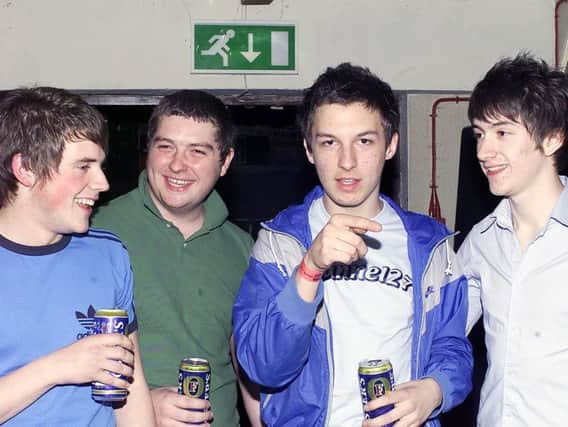

The Human League exposed an entire generation to the joy of synthesizers in the late 1970s - while in 2006, the Arctic Monkeys influenced every indie band to sing with a Sheffield accent.
The likes of Pulp, Def Leppard, Heaven 17, Reverend and the Makers, Milburn and the Gatecrasher nightclub have also helped put the steel city on the cultural map down the decades.
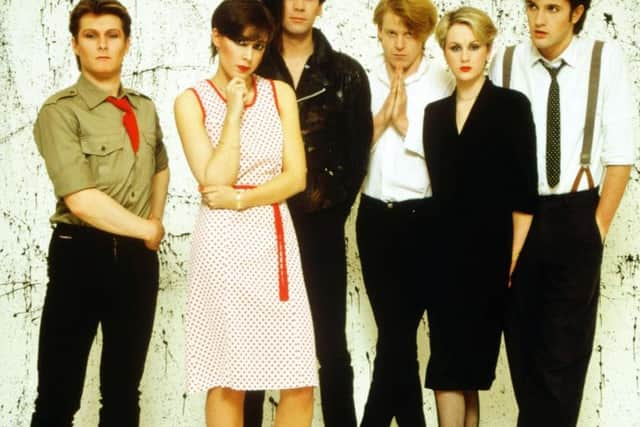

Advertisement
Hide AdAdvertisement
Hide AdDespite the musical revolutions sparked here, however, Sheffield has not been able to escape the national – and international – trend of music venues closing down.
Perhaps the most notable closure in Sheffield recently has been The Boardwalk – or Black Swan, depending which generation you fall into – in 2010.
Known affectionately as the Mucky Duck, the Snig Hill venue was a favourite in the 1960s and had hosted The Sex Pistols, AC/DC and Genesis by 1976.
It was also the venue at which The Clash played their first-ever show. Later, it became The Boardwalk and throughout the 1990s and noughties featured scores of local acts.
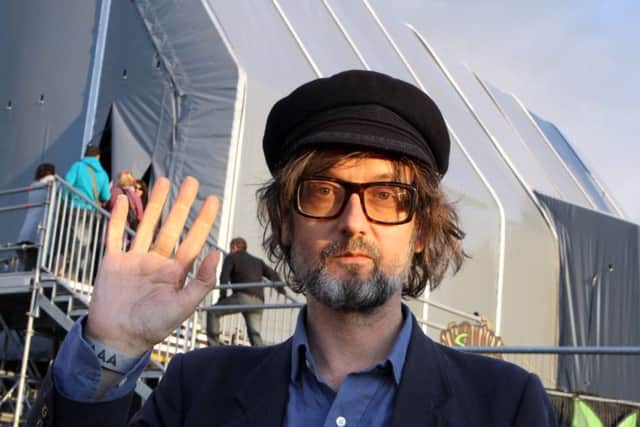

Advertisement
Hide AdAdvertisement
Hide AdThe most famous up-and-coming Sheffield band to play was Arctic Monkeys and the band’s first demo was named Beneath The Boardwalk, paying homage to the place.
Another sad loss was The Casbah, despite an up-and-down existence in its final years.
The late-night bar, connected to The Grosvenor House Hotel, was demolished this month to make way for HSBC’s new offices.
Def Leppard fans will tell you how their heroes played their first paid show at The Casbah – known then as The Wapentake – before leaving to crack America.
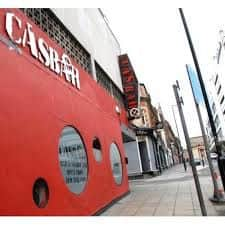

Advertisement
Hide AdAdvertisement
Hide AdMeanwhile, The Grapes on Trippet Lane hasn’t closed down, but stopped hosting gigs in its legendary upstairs room in 2010. Seven years prior, Arctic Monkeys played their first-ever show there.
Other closures include The South Sea in Broomhill; Penelope’s in the city centre; Gatecrasher on Matilda Street; and Sidney Street club Niche.
In London, it is estimated that 40 per cent of the capital’s music venues have closed in the last 10 years, reflecting a similar pattern around the UK.
But according to Mark Davyd, of the Music Venue Trust, there is hope for Sheffield.
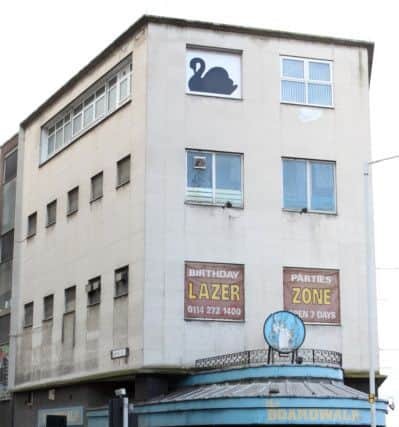

Advertisement
Hide AdAdvertisement
Hide AdThe national charity, which works to protect the UK live music network by securing grassroots venues’ long-term future, is now working with five of the city’s venues to help them prosper.
The Leadmill, The Harley, Plug, Picture House Social on Abbeydale Road and Yellow Arch Studios in Neepsend are the sites involved in Sheffield.
Mark said: “Sheffield has always punched above its weight when it comes to music. There’s been so many iconic bands and artists to come out of the city.
“However, if there are no venues left for up-and-coming artists to perform, then we end up with no new artists breaking through, which is worrying.
Advertisement
Hide AdAdvertisement
Hide Ad“Our work is not about keeping music venues open longer than they deserve to be, it’s about realising how important they are – protecting them for the benefit of everybody.”
Mark said venues usually shut because of a combination of reasons.
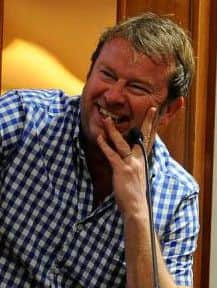

“The first thing to note is that putting on nights for unsigned bands does not make lots of money, so any squeeze on already small profits can be tough,” said Mark.
“A lot of venues are shutting due to new developments, changes to licensing and planning laws, and noise complaints.”
Advertisement
Hide AdAdvertisement
Hide AdMark said PRS – who deal with music copyright and royalties – are charging many small venues unfairly.
“Our work is beginning to make a difference, though,” he said.
“Thanks to us, planning law has been changed so that office space above a music venue cannot be converted into housing without planning permission.
“This is important as lots of venues that had flats built above them have fallen victim to the noise complaint issue.
Advertisement
Hide AdAdvertisement
Hide Ad“A lack of legal advice and expert opinion is an issue that’s a key factor in music venues shutting.
“Venues don’t have the money or the information to get good advice, so they either do nothing, which is terrible, or they do the wrong thing – which is even worse.
“But any venues working with us can be assured we have their backs.”
He added: “We have upgraded the sound, lights and stage in more than 100 venues across the UK now and we are building the largest network of music venues internationally ever achieved.”
Visit www.musicvenuetrust.com to find out more.